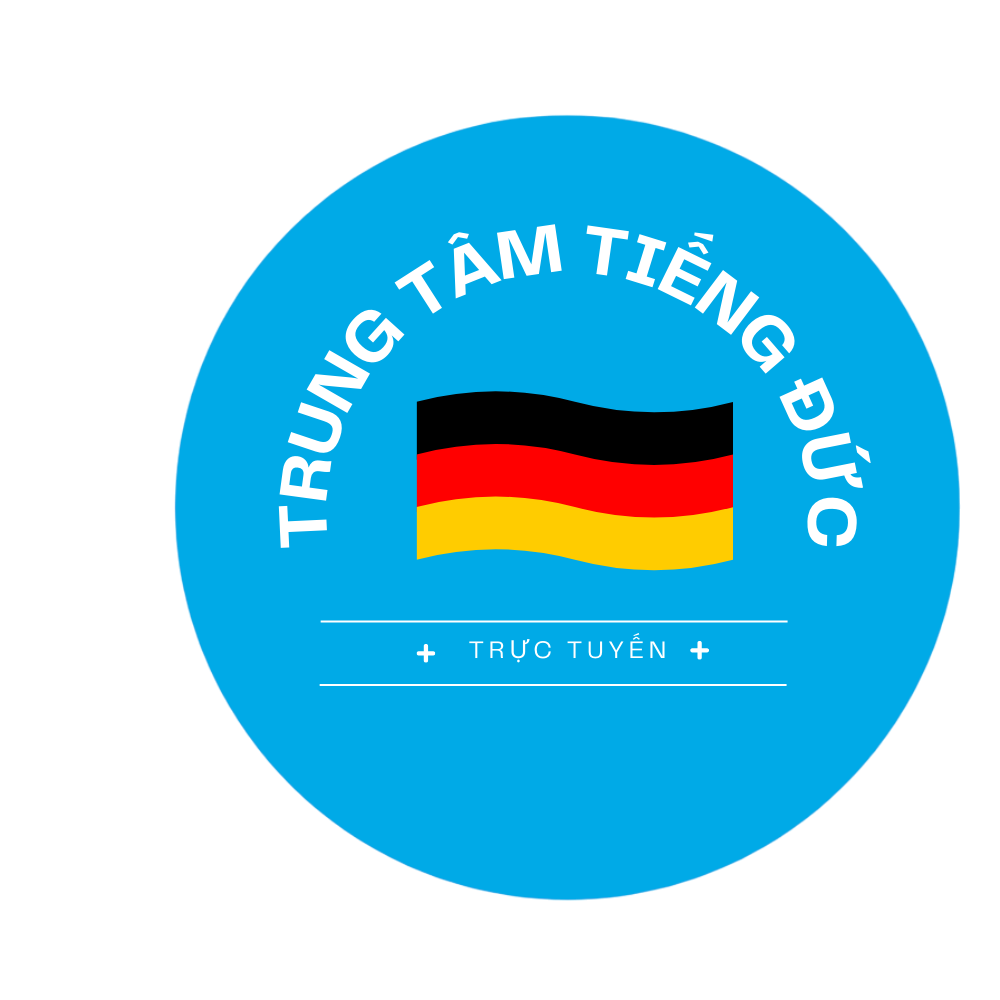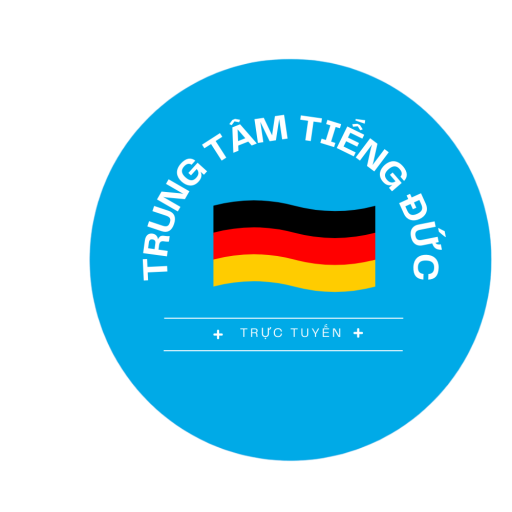Spain remains appealing to global residents through its mix of coastal living traditions and changing residency regulations. Recent regulatory updates offer multiple stay permits with efficient systems[1][5][12]. https://myhideawayinspain.com/
## Visa Options: Current Types
### Employment and Financial Routes
International applicants must apply for work visa (subclass 44/2025) requiring confirmed job offer. The Golden Visa maintains €500,000 property investment threshold[7][12].
### Non-Lucrative Visa
Requires evidence of financial stability with family reunification after one year[3][9].
## Expense Breakdown
### Accommodation Costs
– Major urban centers: €1,200–€2,000/month for downtown flats
– Countryside regions: 45–60% price decreases versus coastal areas[4][10]
## Healthcare Access
State healthcare enrollment through medical ID with prescription copays capped at €4.18/month for senior citizens[7][14].
## Regulatory Changes
Social Integration Visa now requires elementary linguistic competence and spotless legal history[6][11].
## Cultural Adaptation
Spanish Proficiency: Required basic fluency for visa extensions from 2026[14][15].
Community Engagement through:
– Peñas
– Fiestas mayores
– Social work[5][14]
## Conclusion
Strategic Considerations include:
– Pathway Selection favoring Remote Work Permit for professionals
– Location Strategy on affordable regions
– Certificate Authentication via electronic processing[2][8]

